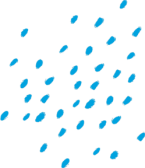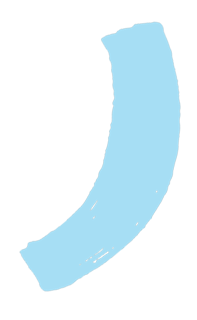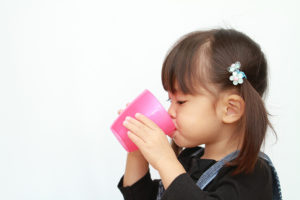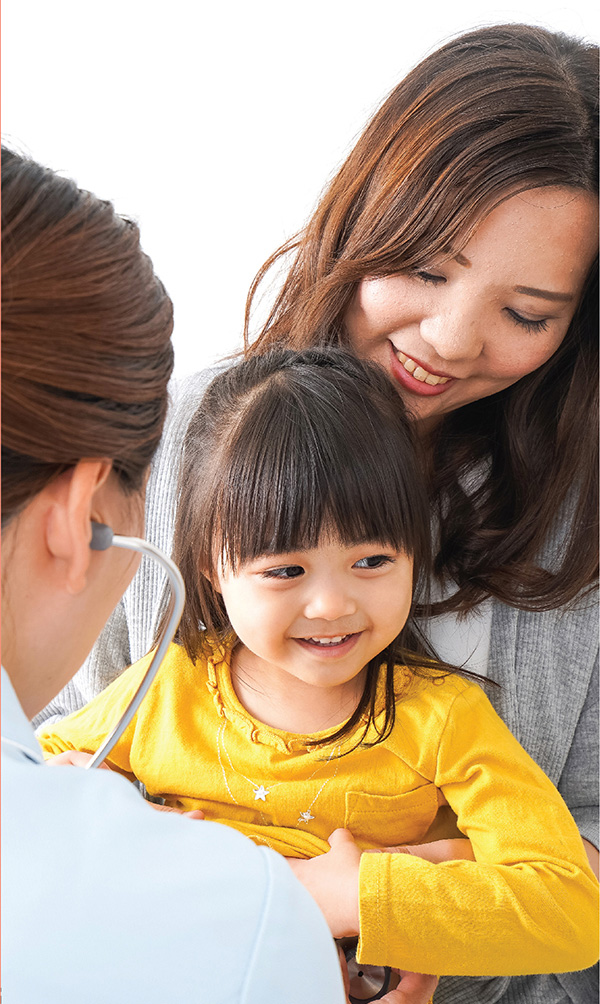Common Ailments
There are some common ailments that your baby or toddler may experience when growing up. Understanding the different conditions will help you manage and ease your child’s discomfort.
Speak to your pharmacist to know which medicines are suitable for your child’s treatment or if the ailment requires a doctor’s attention.
Common Cold
It is an upper respiratory tract infection with accompanying signs and symptoms:
- Cough with or without phlegm
- Runny or blocked nose
- Sore throat
- Fever
Give the child plenty of rest and fluids to drink while the immune system fights the virus. Medicines are available in the pharmacy that can be given to the child to treat the symptoms experienced.
Oral Thrush
A yeast infection commonly found in babies that usually appears as a white coating on the tongue. These growths are hard to remove and cannot be rubbed off easily.
The condition can be treated with an anti-fungal mouth gel with proper oral hygiene e.g. cleaning of the mouth with a moist soft cloth, rinsing of mouth with water after milk feed or reduce bottle feeding for sleep (so that the milk feed does not accumulate in the mouth when sleeping).
Teething
When teething starts, the baby may:
- develop a fever
- drool more than usual
- refuse to eat
- have swollen and tender gums
- want to bite on things
- be more fussy
There is a variety of methods to soothe their discomfort, ranging from chilled teething toys to teething gels that can help reduce inflammation or numb the discomfort.
Colic
The exact cause of colic is unknown and is defined as when a well-fed, healthy baby cries incessantly at around the same time each day, for a few days consecutively.
A possible cause of colic may be bloatedness, which can be relieved with medicine. To minimise colic, give smaller feeds at more frequent intervals and burp the child well after each feed.
Constipation & Diarrhoea
Changes in amount of fibre or fluid consumption and a change in baby milk will affect the bowel movement.
Constipation
It could happen when there is insufficient fibre or fluid intake; or a change from breast to infant milk or switching of infant milk brands; or when the child starts on solid food.
Depending on the severity and age of the child, there are medicines available for treatment. Importantly, more fluid consumption is recommended.
Diarrhoea
It happens when the child has lactose intolerance when changing from breast to infant milk formula; or has a gut infection. There is increased bowel movement or more watery stools as compared to usual.
This increases the risk of dehydration, therefore it is important to give the child sufficient fluid e.g. water or oral rehydration solution.
Signs and symptoms of dehydration include:
- Dry, cracked lips
- Dark coloured urine
- Little or no urine output
- Dry skin with reduced skin turgor (skin elasticity)
- Sunken fontanelle (soft spot on the baby’s scalp)
- No tears when crying
- Lethargy
Nappy rash
Commonly happens due to prolonged exposure to urine and/or bowel matter in the diaper.
Frequent changing of soiled diapers is a must. Nappy rash creams can be applied to reduce the contact between baby’s skin and contaminants.
When the nappy rash is left untreated for extended periods, it may develop into a fungal infection which can be treated with an anti-fungal cream.
Cradle Cap
In a newborn, oily, scaly and crusty patches can sometimes be found on the scalp. Inflammation of the skin may also happen.
To hasten the removal of the scaly patches, apply some olive oil and massage onto the scalp for a while before shampooing.
Hand Foot Mouth Disease (HFMD)
HFMD is caused by a family of viruses called Enteroviruses. It usually spreads from person to person via contact with nasal discharge, saliva, faeces and fluid from the blisters of an infected person.
Common signs and symptoms include:
- Fever
- Sore throat
- Ulcers in the throat, mouth and tongue
- Rashes with small blisters on the hands, feet and diaper area (typically on the palms and soles)
- Poor appetite
- Lethargy
- Vomiting and diarrhoea
There is currently no specific treatment for HFMD. However, there are medications to help relieve your child’s symptoms.
If your child has HFMD, keep your child at home and do not allow him/her to go to school or other crowded places (e.g. playgrounds, shopping centres) until he/she is fully recovered and for at least 1 week after the start of the illness. Do also inform your child’s school so that they can monitor the situation.

